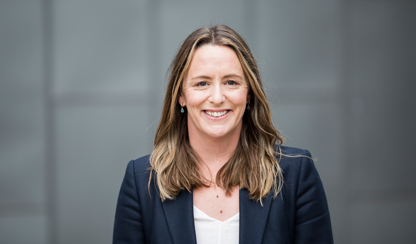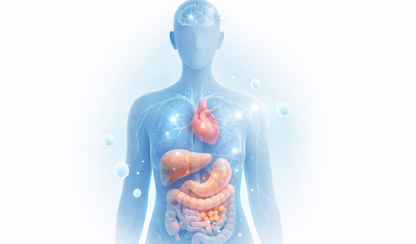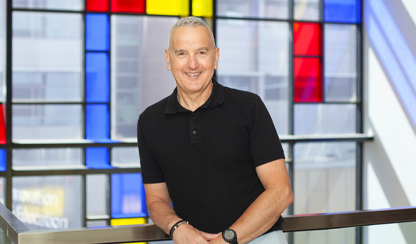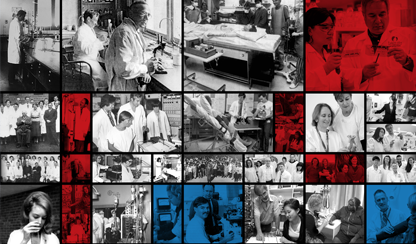18 May 2021
Institute news
 The Institute’s focus on exercise training, healthy ageing and cardiovascular function will be enhanced by the recent promotion of Dr Erin Howden to head up the Human Integrative Physiology laboratory.
The Institute’s focus on exercise training, healthy ageing and cardiovascular function will be enhanced by the recent promotion of Dr Erin Howden to head up the Human Integrative Physiology laboratory.
Physical activity and sports cardiology research are already key areas of focus for the Institute in helping Australians to live healthier for longer, and this appointment will further consolidate this expertise.
Dr Howden’s background is in clinical exercise physiology, with further training in cardiovascular imaging and invasive haemodynamics. Her program of research seeks to enhance the prevention and treatment of cardiometabolic disease in at-risk groups by developing innovative, multidisciplinary approaches, with a particular focus on ‘exercise as medicine’. The main impact of more effective therapeutic strategies will be lower health care expenditure, improved quality of life and reduced death and disability associated with cardiovascular disease.
She has honed her skills both here in Australia and the United States. After receiving her PhD from the University of Queensland in 2012, Dr Howden completed four years of postdoctoral training at the Institute for Exercise and Environmental Medicine in Dallas, Texas, a world renowned institute for the study of human clinical and integrative physiology. In 2016, she returned to the Baker Institute to continue her research in the Sports Cardiology lab with Associate Professor Andre La Gerche. In 2020, she was awarded a prestigious Heart Foundation Future Leader Fellowship and was recognised by the Institute as an Emerging Leader by being awarded the Sir Laurence Muir Prize.
Dr Howden is co-chair of the Institute’s Research Training and Education Committee; co-chair of the Institute’s Physical Activity Program, a Heart Foundation Future Leader Fellow, a member of the Gender Equity and Diversity Committee, a mum of two young children and until recently, a Group Leader at the Baker Institute. She also spearheaded the Keep it Moving campaign with Dr Rachel Climie last year, and is involved in the Australian Cardiovascular Health and Rehabilitation Association
Her current research projects seek to determine the effect of interventions which increase physical activity levels through novel exercise training (e.g. interval training), or the impact of reducing sedentary time on cardiometabolic outcomes by introducing short activity breaks for patients with breast cancer and patients requiring a haematopoietic stem cell transplant.
Most recently, Dr Howden secured a $2.5 million grant with Professor Tom Marwick to understand whether COVID-19 causes damage to the heart chambers and blood vessels and impacts functional capacity. The study, funded by the Medical Research Future Fund’s Clinical Trials Activity initiative, also aims to determine if best practice management (e.g. heart medication or exercise training) can restore heart function.





